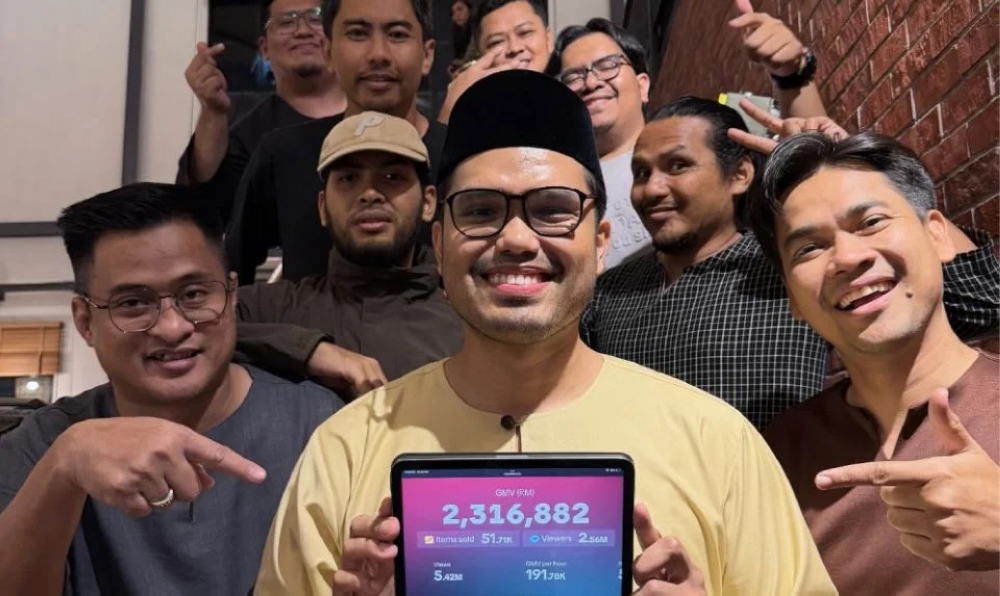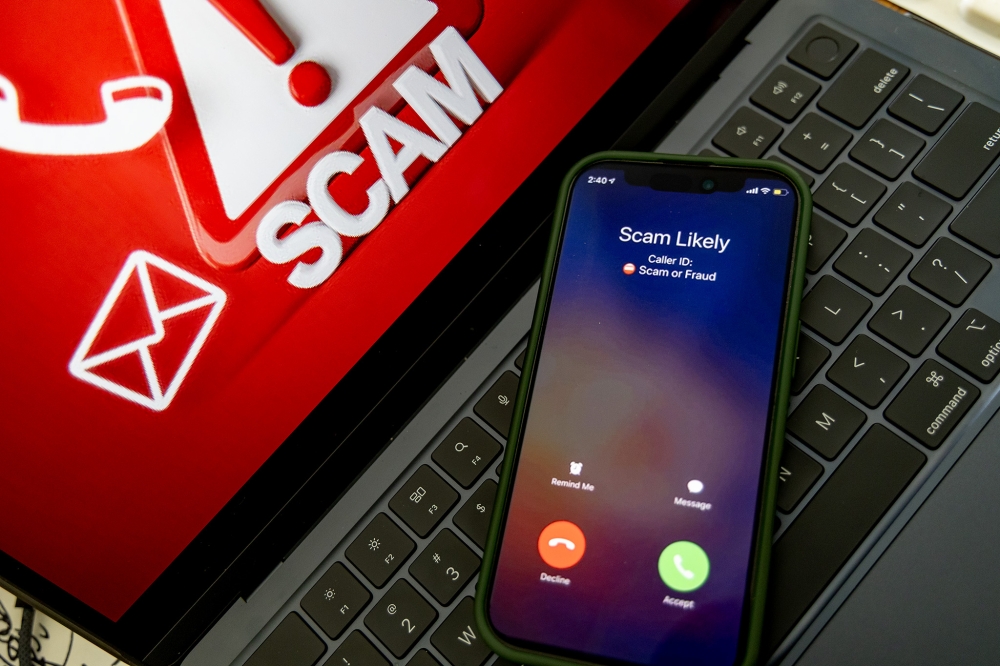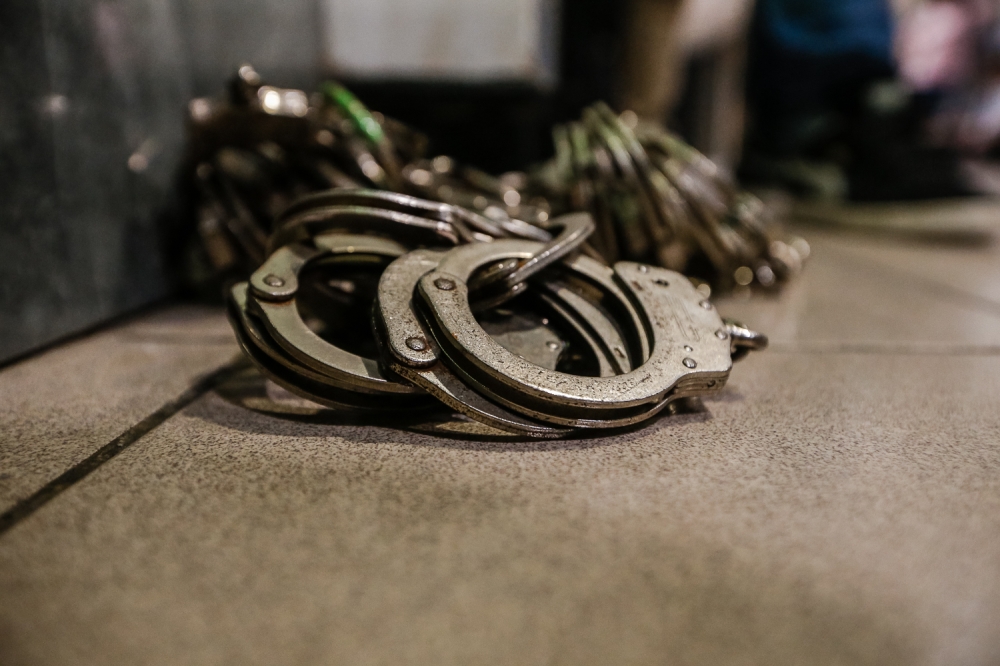KUALA LUMPUR, July 10 — The monitoring software used by a special police team to curb child pornography can be a good starting point to initiate investigations, experts said.
The technology experts also said authorities would not likely conduct mass surveillance or monitor general consumers of smut.
Security expert and technology blogger Keith Rozario said the police’s software, Internet Crime Against Children — Child Online Protective Services (ICACCOPS), should be welcomed for allowing law enforcement agencies to share information, especially on the data of peer-to-peer (P2P) networks.
A P2P connection is a network of computers configured to allow certain files and folders to be shared with everyone or with selected users.
“ICACCOPS is a system put in place by various authorities to allow for the dissemination of data on P2P users who are sharing child pornography material on these networks.
“In my opinion, information sharing on ICACCOPS is a very good thing. If the police are using it as a starting point for investigations, that should also be applauded,” he told Malay Mail yesterday.
Rozario said, however, that general Internet users should not be alarmed as police will not likely use the system to monitor regular Internet usage outside of P2P networks, amid perception that authorities would watch regular porn users.
“The monitoring is limited to a small set of P2P networks like bit-torrent, Ares and Freenet. Your Facebook, Twitter, Google, Youtube and all other Internet traffic is still very much private,” he said.
Rozario said while it is easy to pinpoint an Internet Protocol (IP) address, it can be difficult to tie the said address to an individual.
“It should not be automatically assumed that everything flowing from an IP address belongs to the individual subscriber who owns the account, as IP addresses are shared,” he said.
According to a New Straits Times report, the system would allow the police, particularly the Malaysia Internet Crime Against Children Investigation Unit, to work with the Malaysian Communications and Multimedia Commission (MCMC) to obtain Internet users’ details.
The programme, developed in the United States, would reflect real-time updates of the porn user’s IP address, location, the name of the website where pornographic material is uploaded or downloaded, and the duration spent.
It was reported that officers handling the system would be required to log in their registered credentials.
Cyber security expert Fong Chook Fook said mass surveillance was unlikely as it would incur a high cost on the government.
“The authorities conduct targeted surveillance based on reports. The result of which led to arrests of perpetrators involved in online scams, gambling and such. Mass surveillance is just too resource-intensive,’’ he added.
Kuala Lumpur Bar Information Technology Committee chairman Foong Cheng Leong said police monitoring should only apply to targeted groups to avoid infringement of a citizen's right to privacy.
“In absence of any express prohibition, it seems that the police has the right to monitor Internet usage
“However, as far as I know, such monitoring is usually done by way of filtration, for instance by using some keywords. The police basically capture all data with a certain keyword associated with paedophilic and child abuse materials,” he said.
Sinar Project co-founder Khairil Yusof said the modus operandi of the system opens up discussions on the privacy laws in place, or lack thereof, but expressed optimism that the system could be beneficial if proven effective.
“In theory, if the cops can use this system to end the distribution of child pornography, they should also be able to fight digital piracy,” he said.



















